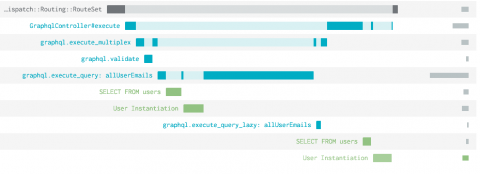Exception Handling in Ruby
Software systems can be quite prone to error conditions. Systems that involve user interaction are more vulnerable to exceptions as they attract errors at multiple fronts. Errors can take many forms - syntactical errors, network errors, form input errors, invalid authentication errors etc. If not accounted for, these can affect user experience and can even manifest as security loopholes, enabling attackers to compromise the system.











